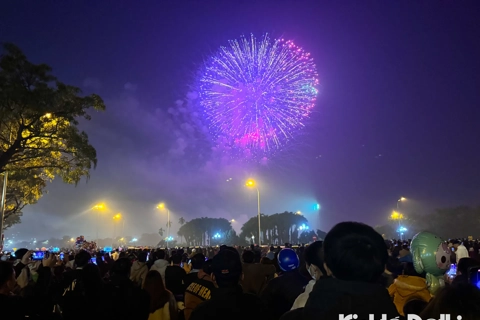Another Vietnamese geopark recognized by UNESCO
The geopark possesses valuable geomorphological heritages such as beautiful ponds and waterfalls and many other tangible and non-tangible cultural values.
A geopark in Vietnam's Central Highlands province of Dak Nong has received global geopark recognition, conferred by the UNESCO's Program and External Relations Commission of the 209th UNESCO Executive Board at a meeting in Paris on July 7, local media reported.
| Dak Nong Geopark. Photo: Internet |
With the recognition, the Dak Nong geopark has become the third of its kind in Vietnam after the Dong Van karst plateau in Ha Giang province and Non Nuoc Cao Bang in Cao Bang province, both in Vietnam’s northern mountainous region.
Dak Nong geopark was established in 2015 with a view to joining the global geopark network in 2020.
Its most prominent feature is a volcanic cave system. There are 65 geological and geomorphological heritage sites, including a system of nearly 50 caves with a total length of over 10,000 meters.
The park also possesses valuable geomorphological heritages such as beautiful ponds and waterfalls and many other tangible and non-tangible cultural values.
The geopark can be reached by land and air routes, or accessible from Cambodia through two international border gates. Characterized by sub-equatorial tropical monsoon and plateau climate, the area features an evenly distributed network of rivers, streams, lakes and reservoirs.
In November 2018, the UNESCO National Committee of Vietnam, the Institute of Geosciences and Mineral Resources, the Ministry of Natural Resources and Environment, and the People's Committee of Dak Nong province completed a dossier of Dak Nong geological park to submit to UNESCO.
Following the UNESCO recognition, relevant agencies, including the Vietnam National Commission for UNESCO, the Ministry of Natural Resources and Environment and provincial authorities, along with domestic and international scientists will jointly implement plans on environmental protection, natural conservation, and rational use of resources in the park.
The moves are aimed at preserving and maximizing values of geology, biodiversity, culture, history, as well as traditions ethnic minority people in the geopark.











